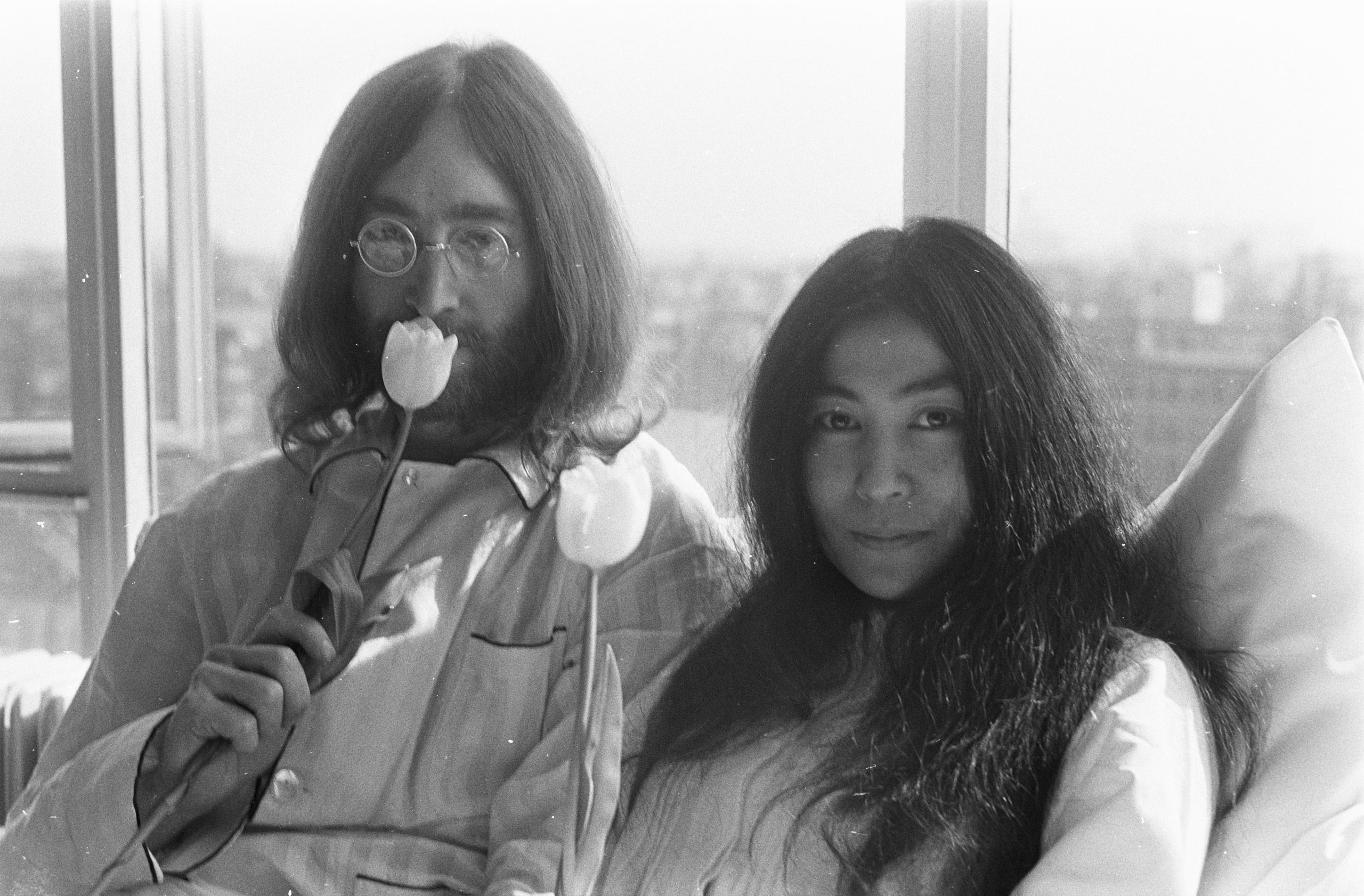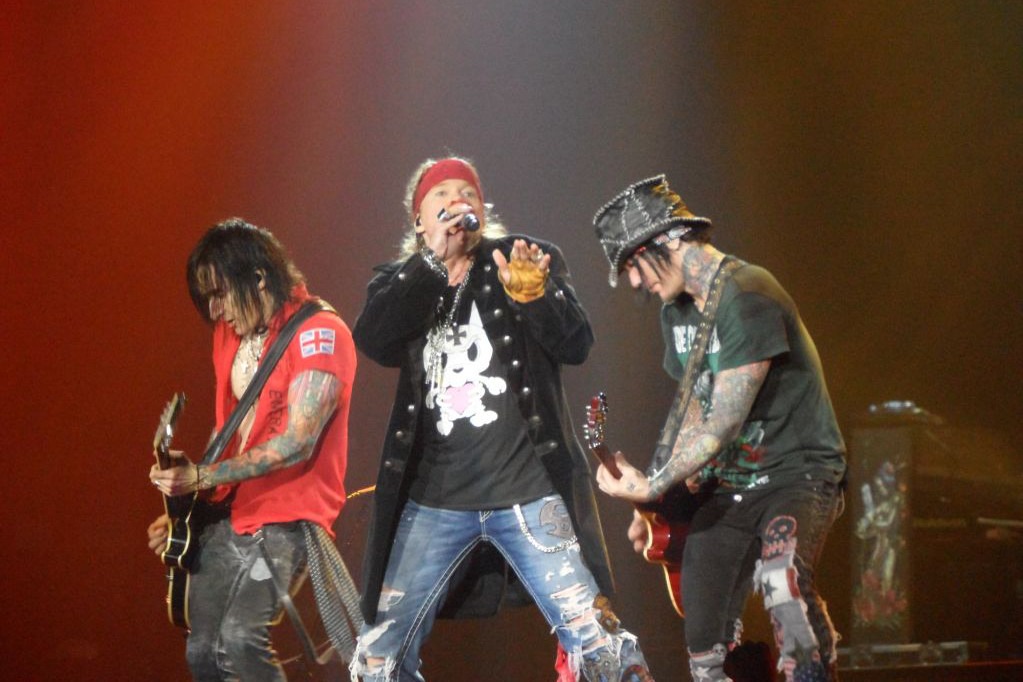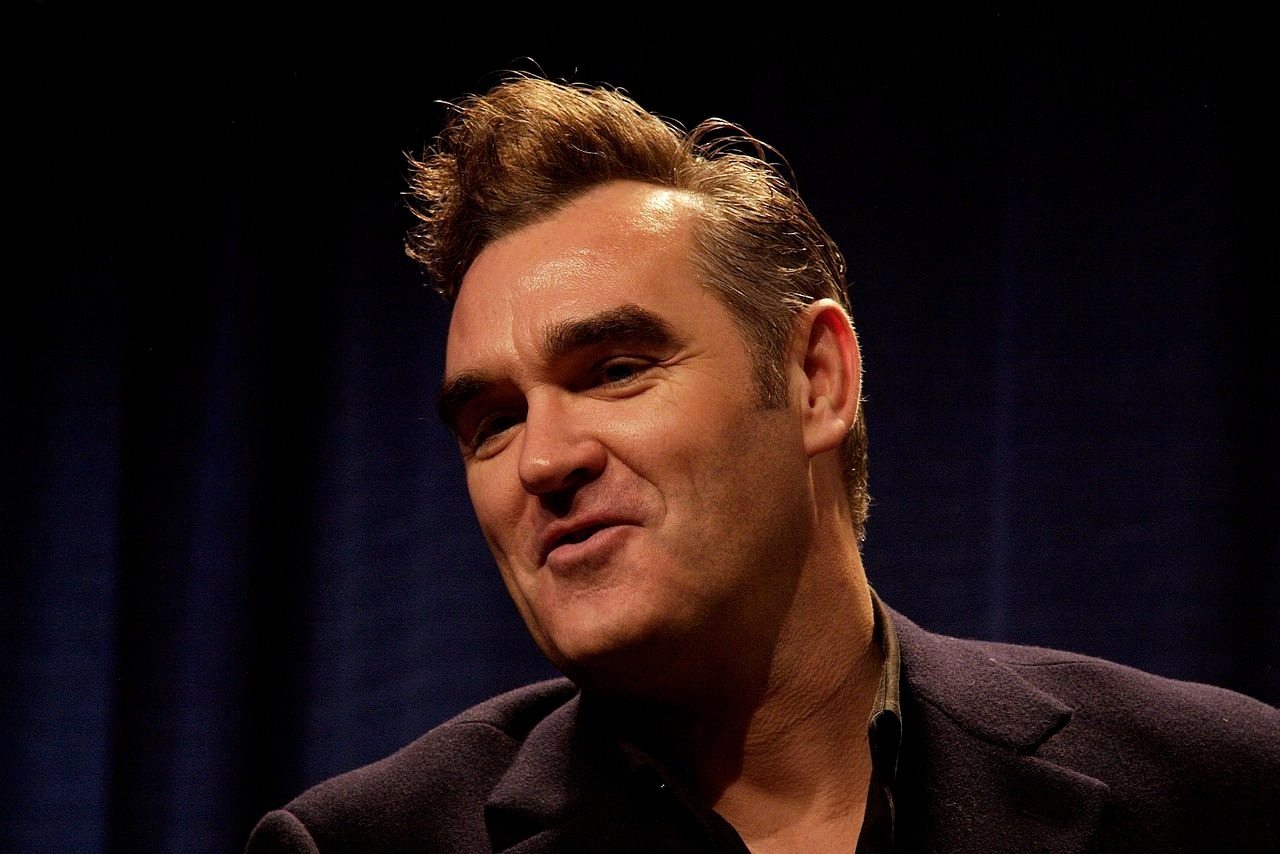The Beatles legend spent years joking about assassination—until radio made his darkest fears reality.
“Not as far as we know, unless we get shot or something,” Lennon quipped during a 1964 press conference about retirement. Dark humor masked deeper anxieties about living under constant scrutiny. Fame transforms public figures into sitting ducks, their mortality perpetually on display.
By 1980, after five years of relative seclusion, Lennon was re-emerging with Double Fantasy, vulnerable again to both adulation and violence. The comeback album represented more than artistic revival—it marked his return to the dangerous spotlight he’d fled.
The Gathering Storm
Years of ominous warnings preceded the tragedy that would reshape music history.
The omens accumulated like storm clouds throughout the preceding decades. In the late 1960s, a psychic wrote a warning to Lennon about an assassination attempt if he remained in America. Filmed footage shows him laughing off the prediction, treating death threats as occupational hazards rather than prophecy.
Yet something about public exposure clearly haunted him. He’d made similar comments about getting killed, as if testing fate with gallows humor. Each joke carried the weight of genuine fear—the recognition that celebrity status made him a target for unstable minds seeking twisted immortality through the weirdest deaths.
Radio as Prophet
The medium that launched Beatlemania would ultimately announce its tragic end.
Radio became the unwitting prophet in Lennon’s story. On December 8, 1980, while Lennon gave his final interview expressing optimism about his comeback, disc jockeys unknowingly prepared to transform “Imagine” from peace anthem into funeral dirge. Within hours, stations worldwide were spinning his catalog on permanent rotation, turning celebration into wake.
Detroit’s WRIF captured the real-time devastation in archive footage—broadcasters struggling through tears, observing Yoko Ono’s requested moments of silence. Radio stations became grief counselors for millions who’d grown up with Lennon’s voice. The song that preached “no heaven” became the soundtrack for a generation losing its innocence.
The Ultimate Irony
His darkest premonitions materialized through the very medium that created his fame.
“Imagine” played endlessly across every frequency, each repetition hammering home the brutal irony of Lennon’s utopian vision, underscoring our dystopian reality. Radio waves that once carried “Love Me Do” across continents now carried news of his death.
The ultimate price fulfilled itself through the very medium that created Lennon’s fame. His darkest premonitions materialized not through mystical revelation but through AM/FM frequencies, proving that sometimes the most haunting predictions come true in the most mundane ways. In the end, radio became both messenger and mourner, transforming Lennon’s music into an eternal requiem.


























